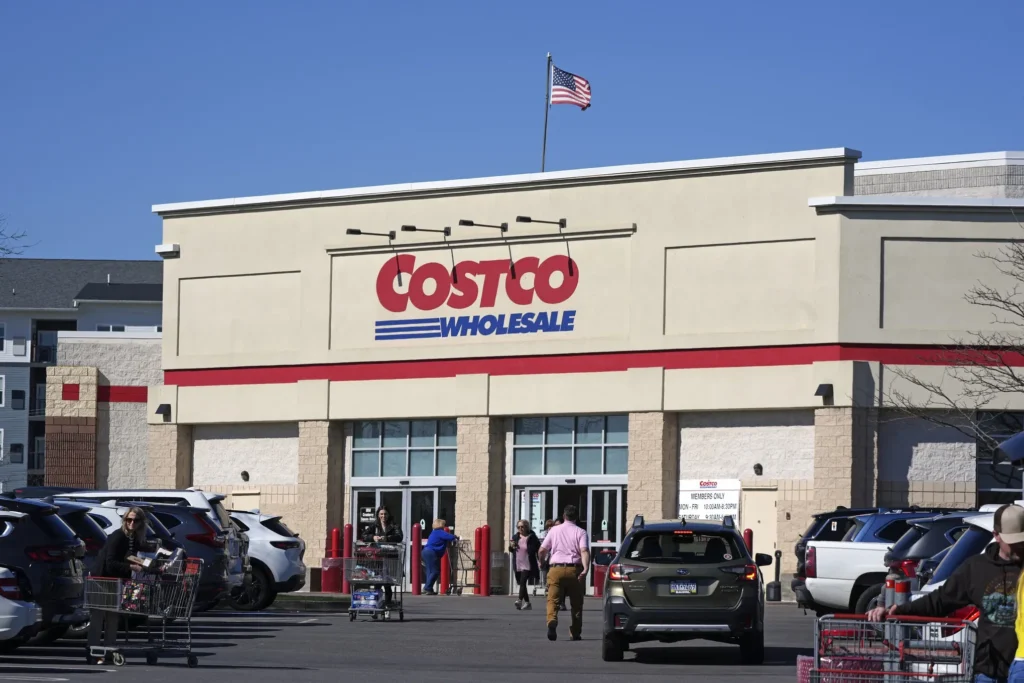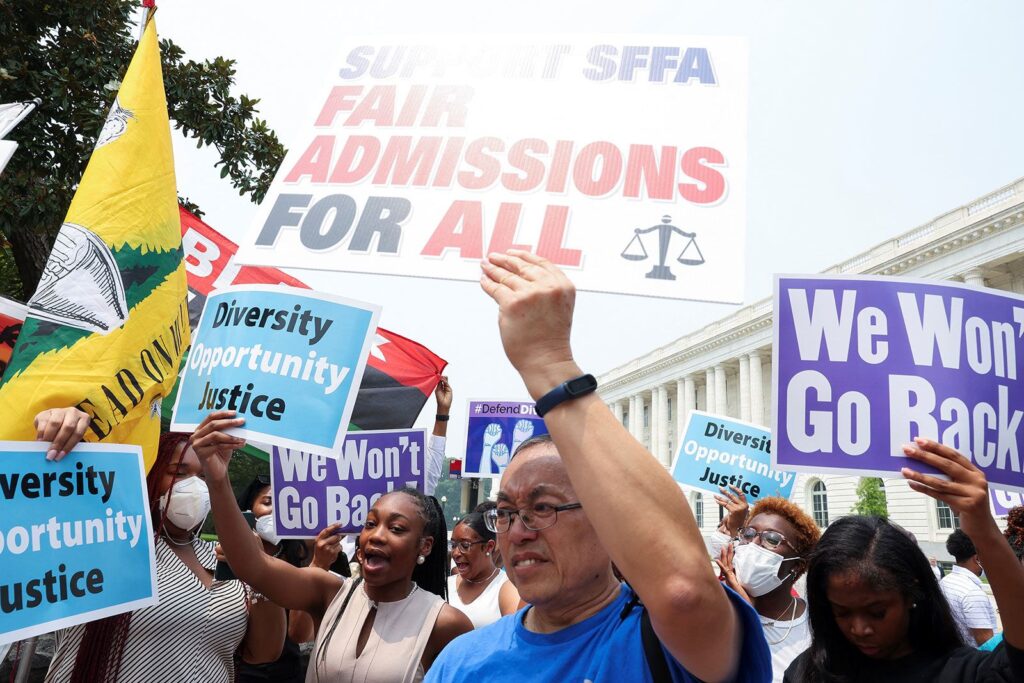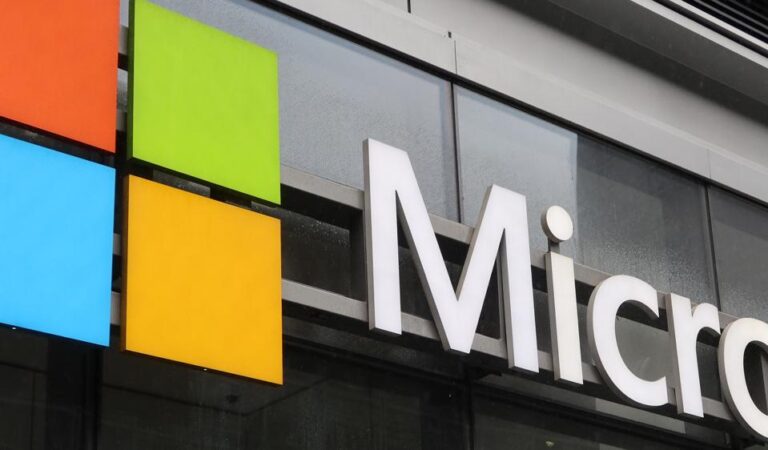Introduction
In recent years, the conversation around Diversity, Equity, and Inclusion (DEI) has become a focal point in corporate America. Many organizations have implemented DEI programs as part of their corporate responsibility and commitment to social justice. However, the rising pushback against DEI initiatives has led to the emergence of the so-called “Anti-DEI movement.” Among the companies navigating this turbulent landscape is Costco, a global retail giant known for its bulk sales and membership-based business model. The question arises: What is Costco’s position on the Anti-DEI movement, and how does it impact the future of diversity and inclusion in corporate environments?
This blog explores Costco’s response to the Costco anti DEI movement, the implications for its corporate policies, and how it could shape the future of DEI initiatives across industries.
What is the Anti-DEI Movement?
Before diving into Costco’s stance, it’s important to understand what the Anti-DEI movement is and why it’s gaining momentum. DEI programs, which promote Diversity, equity, and inclusion in workplaces, have faced increased scrutiny and criticism in recent years, especially in the wake of heightened political and social debates.

The Costco anti DEI movement argues that diversity and inclusion policies may lead to reverse discrimination, preferential treatment, and an overemphasis on race and gender. Critics contend that these programs can negatively impact merit-based hiring and advancement, arguing that focusing on diversity can undermine the qualifications and skills of employees. As a result, the Costco anti DEI movement has become an influential force in reshaping how businesses approach workplace diversity.
Costco’s Position on DEI
Costco has long been considered a company that places a strong emphasis on employee welfare and corporate responsibility. In recent years, the company has introduced several DEI initiatives aimed at creating an inclusive and equitable workplace for its diverse workforce. These efforts include providing equal opportunities for advancement, promoting women and minority employees to leadership positions, and offering comprehensive diversity training for its staff.
While Costco’s DEI efforts are a central aspect of its corporate culture, the company has remained relatively neutral on the political aspects of the Costco anti DEI movement. Costco’s management has emphasized that the company’s DEI programs are designed to foster an environment where employees feel respected, valued, and included, regardless of their background.
However, it is essential to examine Costco’s response in the context of growing anti-DEI sentiment in the business world. Like many other corporations, Costco has faced pressure from certain stakeholders to scale back its diversity efforts in light of the Costco anti DEI movement. In recent years, the company has made subtle adjustments to its approach to DEI, balancing corporate values with the need to respond to changing political and social climates.
Costco and the Anti-DEI Movement: A Delicate Balance
The Costco anti DEI movement has sparked heated debates within the corporate world. On one hand, proponents of DEI argue that these programs are crucial for addressing systemic inequalities and fostering a more inclusive society. On the other hand, critics of DEI contend that such initiatives may divide people along racial, gender, and cultural lines, ultimately undermining the goal of equality.
Costco, as a large corporation with a diverse customer base, must tread carefully when navigating the sensitive terrain of the Costco anti DEI movement. The company has remained largely silent on the political aspects of the debate, preferring to focus on internal policies rather than engaging in external discussions. This approach has allowed Costco to maintain its reputation as a company that values fairness and inclusion while avoiding the backlash faced by other businesses more outspoken about their DEI commitments.
How Costco Is Addressing DEI Criticism
While Costco has refrained from taking a public stance on the Costco anti DEI movement, it has made efforts to address criticism of its DEI initiatives. These efforts include revising some aspects of its diversity training programs to make them more inclusive and ensuring that all employees, regardless of background, feel comfortable with the policies in place. Additionally, Costco has been proactive in providing more transparency around its hiring practices, ensuring that opportunities are based on merit and qualifications rather than quotas or diversity metrics.
Costco’s approach to handling DEI criticism has been a careful balancing act. By emphasizing that DEI programs are meant to create a more supportive and inclusive environment for all employees, Costco seeks to avoid alienating any group within its workforce while still advancing its diversity efforts. This is important because the Costco anti DEI movement has gained significant traction in recent years, and businesses that align too closely with either side of the debate risk alienating customers, employees, or stakeholders.
The Impact of the Anti-DEI Movement on Costco’s Future Policies
The rise of the Costco anti DEI movement is likely to influence Costco’s future policies and strategies related to diversity, equity, and inclusion. While the company is committed to creating an inclusive work environment, it will need to find ways to address the growing criticism of DEI initiatives without undermining its core values.

One potential shift that could occur is the way Costco defines and measures diversity. As the Costco anti DEI movement emphasizes merit-based hiring and challenges the need for quotas or diversity targets, Costco may choose to refine its DEI goals to focus more on merit and qualifications, while still promoting a culture of inclusion. This would allow the company to balance the competing interests of diversity advocates and Anti-DEI critics while ensuring that all employees are treated fairly and equitably.
Moreover, Costco may choose to refine its DEI training programs to focus more on universal principles of respect, fairness, and inclusion rather than specific diversity metrics. This shift could help mitigate the criticisms that DEI programs are too focused on race, gender, and other demographic characteristics, making them more palatable to employees and stakeholders who may feel uncomfortable with traditional diversity efforts.
The Broader Implications for Diversity and Inclusion in the Corporate World
Costco’s response to the Costco anti DEI movement offers valuable insights into the broader challenges facing companies as they navigate the complexities of diversity and inclusion. As more businesses face pressure to reevaluate their DEI initiatives, Costco’s careful and measured approach could serve as a model for other organizations grappling with similar issues.
The future of diversity and inclusion in corporate America may see a shift toward more nuanced, merit-based approaches to DEI. Companies may increasingly prioritize policies that promote fairness and inclusion without creating division or alienation. As the Costco anti DEI movement continues to grow, businesses like Costco will be at the forefront of shaping the conversation and determining how diversity and inclusion evolve in the workplace.
The Growing Debate Around DEI and Anti-DEI Movements
The rise of the Costco anti DEI movement has sparked a fundamental debate about the role of diversity and inclusion in the workplace. As businesses and organizations continue to adapt to the shifting social and political climate, the conversation around Diversity, Equity, and Inclusion (DEI) has gained traction. At the heart of this discourse is the growing divide between those advocating for robust DEI programs and those pushing back, citing concerns such as reverse discrimination, fairness, and meritocracy. While some companies have been quick to adopt anti-DEI rhetoric, Costco has remained committed to fostering an inclusive environment for all employees. This article examines how Costco has navigated these tensions and the implications for the future of corporate DEI efforts.
Costco’s Commitment to Diversity and Inclusion
For decades, Costco has been recognized for its commitment to creating a positive workplace environment. As part of this ethos, the company has implemented various DEI initiatives aimed at ensuring all employees feel valued and respected, regardless of their background. From promoting women and minorities to leadership roles to investing in employee resource groups, Costco has focused on building a workplace that celebrates diversity and offers equal opportunities for advancement.
Costco’s DEI initiatives are central to its culture, ensuring that its workforce reflects the diversity of its customer base. However, in recent years, as the Costco anti DEI movement gained momentum, the company has found itself at a crossroads. Despite criticism from certain stakeholders, Costco has stood by its principles of fairness, equality, and inclusion, emphasizing that DEI programs are integral to its organizational success.
The Anti-DEI Movement: Understanding the Opposition
The Costco anti DEI movement has evolved as a powerful counter-narrative to the traditional DEI discourse. Critics argue that DEI programs are not only unnecessary but also discriminatory. The movement posits that DEI efforts especially those focused on racial, gender, or socioeconomic characteristics can undermine merit-based decision-making in hiring and promotions.

Opponents of DEI argue that these programs often prioritize identity over qualifications, leading to reverse discrimination. They believe that such initiatives can perpetuate division and create an environment where employees are categorized by their background rather than their ability to contribute effectively to the organization. This movement has gained substantial traction, with increasing numbers of organizations reevaluating their DEI programs and policies in response to these concerns.
Costco’s approach to the Costco anti DEI movement may not only influence its own policies but also set a precedent for other businesses seeking to reconcile competing interests in an increasingly polarized society. As the conversation around diversity and inclusion continues to evolve, Costco’s position will be an important one to watch in the coming years. Whether it maintains its current course or adjusts its policies in response to external pressures, the company’s actions will have far-reaching implications for the future of DEI initiatives in the corporate world.














